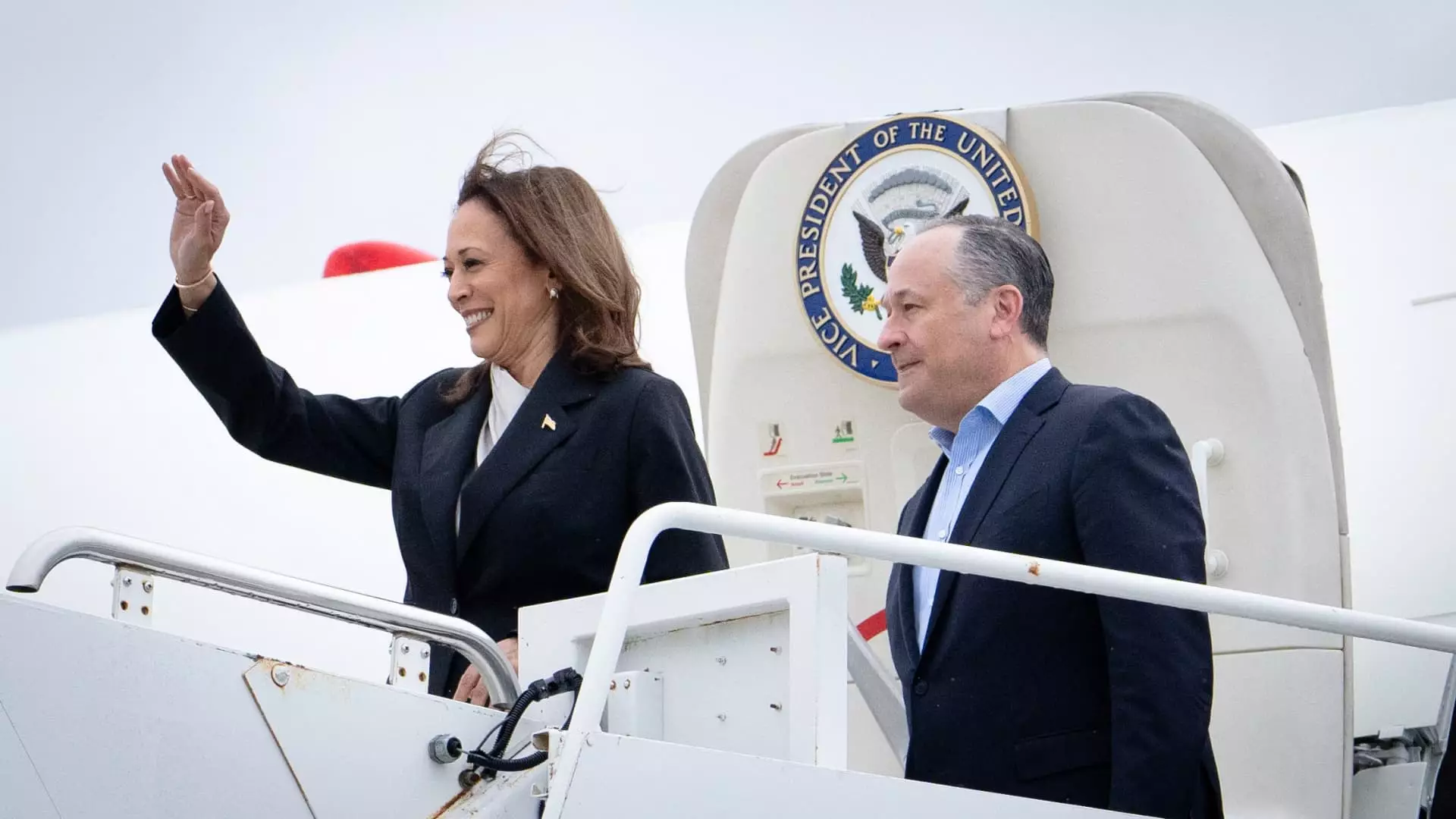As Vice President Kamala Harris runs for the highest office in the United States, her personal financial records have come under scrutiny. The recent tax filings of Harris and her husband, Second Gentleman Douglas Emhoff, reveal a relatively simplistic approach to managing their finances during her tenure as vice president. However, experts suggest that this simplicity may have cost the couple unclaimed tax savings through missed deductions and other financial strategies. While the financial disclosures may not raise major red flags given their financial stability, they could potentially optimize their tax efficiency and savings further.
Harris and Emhoff’s recent tax filings reflect a conservative strategy, similar to that of millions of other Americans. This cautious approach, as noted by financial experts, indicates that the couple has not pursued overly creative or aggressive methods to reduce their tax burden. While this conservative stance may appear prudent in avoiding potential controversies, such as excessive deductions or complex financial maneuvers, it may have resulted in missed opportunities to maximize tax savings.
Financial professionals suggest that Harris could have taken more deductions, particularly concerning her book income. By keeping her deductions relatively low, she may have missed out on potential tax savings. For example, in 2023, Harris reported $7,272 in gross book income with a single business deduction of $1,273, whereas in 2021, she earned $452,664 from her book with a deduction of $65,951. This disparity suggests that Harris could benefit from a more aggressive approach to reducing her tax liability through strategic deductions.
Experts also point out potential missed opportunities in Harris and Emhoff’s cash allocations. With a significant increase in bank account interest reported in 2023, their conservative approach to cash holdings may have limited their growth potential in the stock market. While having ample cash reserves offers financial flexibility, it may also hinder their ability to maximize returns on investment. By exploring alternative investment options or adjusting their cash allocations based on their financial goals, Harris and Emhoff could potentially enhance their overall portfolio performance.
In terms of retirement savings, Harris may have room to optimize her tax savings by contributing more to tax-deferred retirement accounts. While she already benefits from pensions accrued during her time as vice president, senator, and attorney general, additional contributions to retirement plans could further enhance her financial security. By maximizing contributions to retirement savings vehicles like a Thrift Savings Plan or a simplified employee pension plan, Harris could bolster her retirement nest egg while potentially reducing her tax liability.
Vice President Kamala Harris’ personal financial records reflect a conservative and simplistic approach to managing her finances. While this strategy provides stability and avoids potential controversies, it may have missed opportunities to optimize tax savings, investment growth, and retirement security. By reassessing their financial strategies, Harris and Emhoff could potentially enhance their financial outcomes and further secure their long-term financial well-being.

Leave a Reply